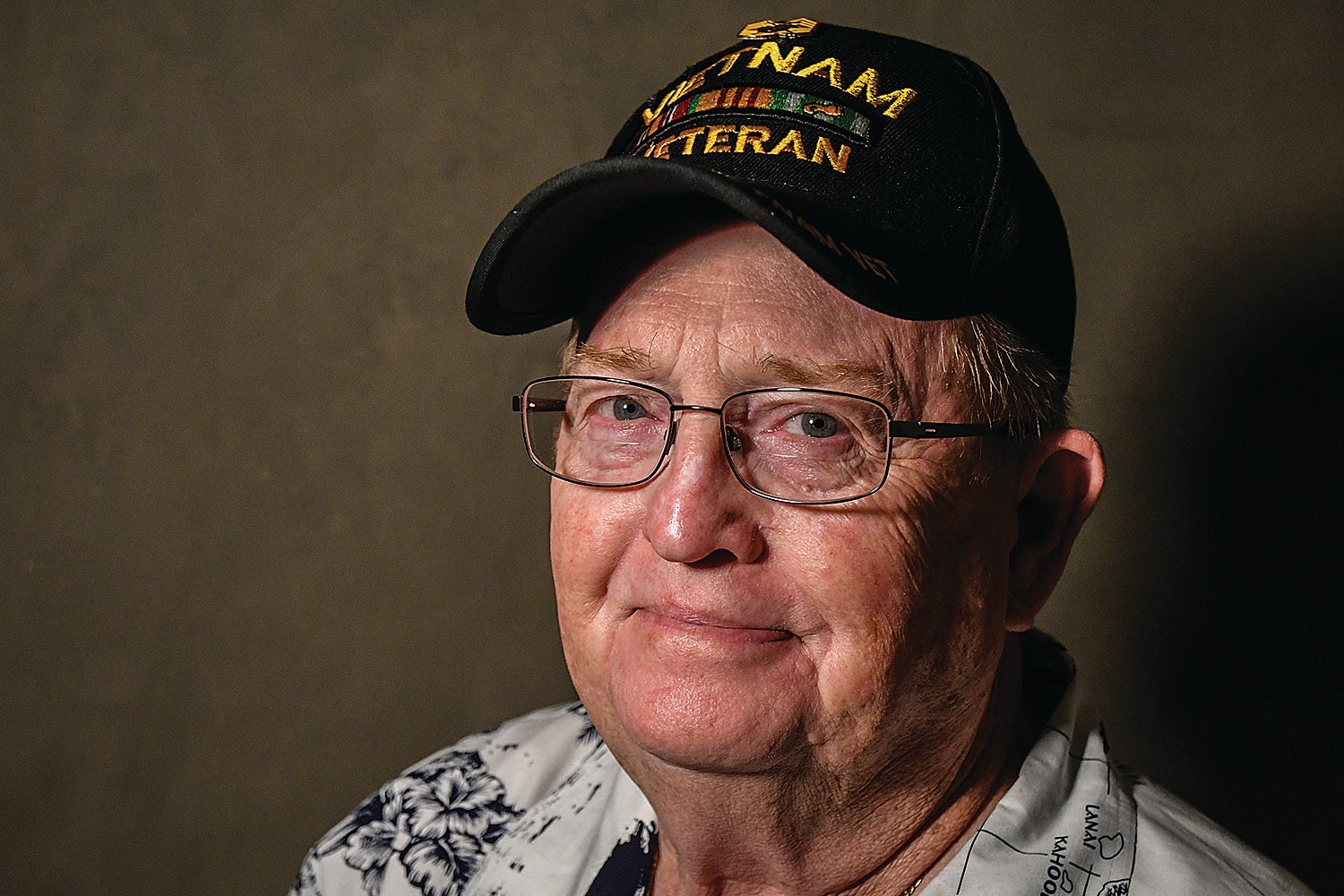Family, festivities and addiction
Published 12:00 pm Monday, December 21, 2015
By Kelly Ferguson
Your grown son is coming home for Christmas. It’s been awhile since you’ve seen him, and he never calls anymore. You suspect he’s been drinking too much again, and taking pills, too.
So you wonder: What kind of Christmas do you have in store? And what can you do to prepare?
If you have a loved one in addiction to drugs or alcohol, the holidays are a perfect time to practice focusing on the things you can do to help your loved one recover — and to understand what’s beyond your power.
This can be a particularly stressful time for families who are suffering from addiction. Instead of fretting over your dinner menu, you’re fearing your loved one’s behavior might get embarrassing, out-of-control or even violent.
The first step to managing the holidays around someone in addiction is simply to adjust your expectations. Simplify your plans, and focus on the traditions and activities that truly hold the most meaning for you.
Also, be reassured: You’re not alone. Addiction impacts one in every three households in this country. The other ones have their struggles, too.
Another practical step you can take is to clean out both the liquor cabinet and the medicine cabinet before your loved one comes home for the holidays. We advise this step for families of people in early recovery from addiction, too, and it’s surprising how many resist.
Whether your loved one is in active addiction or early recovery, clear communication will help you both. Don’t walk on eggshells around them, and most of all, don’t hesitate to set boundaries. It’s a powerful way that families can motivate their loved one toward recovery.
This is something that’s counterintuitive for many families. Even if your loved one is an addict, shouldn’t you always help him or her out in any way you can? Actually, no. In working with the families of those in addiction, we describe this as “enabling.” Instead, take this approach: “We will do anything to support your recovery. But we will absolutely not support your addiction.” Know that as the family of someone in addiction, defining your “bottom line” of what you will and will not tolerate is the best way you can actually help your loved one.
For example, if you’re afraid your loved one will show up to the Christmas party intoxicated, let them know ahead of time that’s not OK: “This is an alcohol-free holiday. We would love to have you if you want to come under those circumstances. If not, we love you, and we’ll see you another day.”
If you’ve spent a lifetime catering to everyone else’s needs, it’s time to be positively selfish. Protect your home from the chaos that comes with addiction.
Know that it’s not your responsibility to keep your loved one sober. And know that their addiction is not your fault. Stay within what you have control of, and don’t feel a burden to engineer their recovery.
If you have a loved one in addiction or recovery, join us for our free Family Hope & Healing support group at The Oxford Centre’s Oxford Outpatient Office next to Fred’s on University Avenue. It meets Tuesdays at 6 p.m. Learn at theoxfordcentre.org/hope.
Kelly Ferguson is a clinical therapist at The Oxford Centre, a treatment facility for drug and alcohol addiction. He can be reached at kelly.ferguson@contactaac.com.





